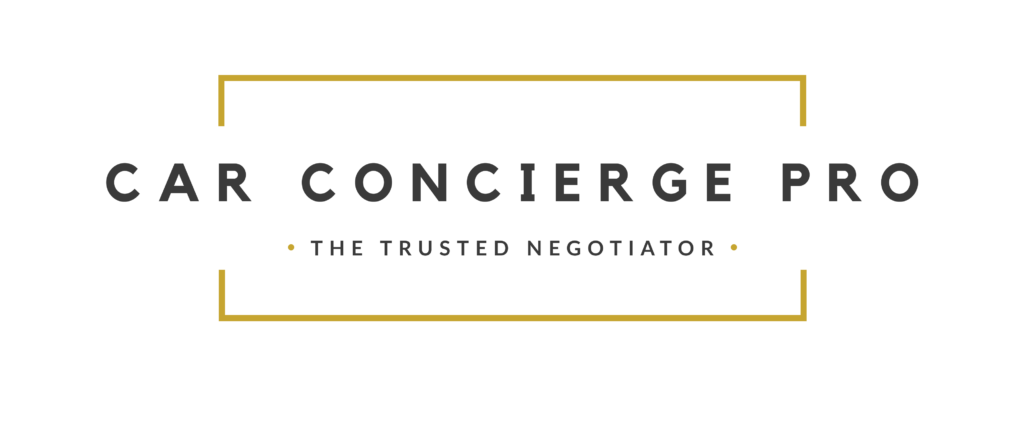Introduction
When renting a vehicle, accidents and damages are always a possibility. To minimize financial liability, many rental companies offer a Collision Damage Waiver (CDW). This waiver protects renters from paying out-of-pocket for vehicle damage in the event of a collision, theft, or vandalism.
CDW plays a crucial role in the car rental and insurance sectors, helping both customers and companies manage risks effectively. While it is often confused with standard car insurance, CDW is technically not insurance but rather a contractual agreement that limits the renter’s financial responsibility.
This article will explore the fundamentals of CDW, its key components, importance in the automotive industry, and frequently asked questions (FAQs) to provide a complete understanding of this essential rental car protection.
What is Collision Damage Waiver (CDW)?
Definition
A Collision Damage Waiver (CDW) is an optional protection plan offered by rental car companies that relieves the renter from financial responsibility for damage to the rental vehicle, provided they comply with the terms of the agreement.
How Does CDW Work?
- When a renter purchases CDW, they are not required to pay for repair costs in case of an accident or vehicle damage.
- CDW usually covers the cost of damages up to the car’s full value but may exclude specific types of damage (e.g., tires, windshields, or negligence-related incidents).
- It is different from personal car insurance, as it applies only to the rental car during the rental period.
- Some credit cards offer CDW coverage as a benefit, eliminating the need for renters to purchase it separately.
Key Components of CDW
- Coverage Scope – CDW generally covers damage to the rental car due to collisions, theft, or vandalism but may have exclusions.
- Deductibles – Some CDWs require renters to pay a portion of the repair costs (deductible) before the waiver applies.
- Exclusions – Damage due to reckless driving, off-road use, driving under the influence, or unauthorized drivers may not be covered.
- Third-Party Liability – CDW does not cover damage to other vehicles, property, or injuries to people.
- Supplementary Protection Options – Some companies offer additional waivers for glass, tires, or personal accident insurance.
Importance of CDW in the Automotive Industry
1. Enhancing Customer Experience in Car Rentals
- CDW provides peace of mind, allowing renters to drive without worrying about high repair costs.
- It simplifies the claims process, reducing disputes between renters and rental companies.
- Helps tourists and business travelers avoid unexpected expenses in unfamiliar locations.
2. Financial Protection for Rental Companies
- Reduces the risk of financial loss due to vehicle damage.
- Allows rental agencies to offer vehicles without requiring high security deposits.
- Encourages more customers to rent, boosting business revenue.
3. Influence on Vehicle Design & Manufacturing
- Automakers design rental vehicles with durability and ease of repair in mind.
- Advanced safety features (e.g., collision avoidance, lane departure warning) help reduce CDW claims.
- Rental companies prefer models with low repair costs and strong reliability ratings to minimize CDW expenses.
4. Integration with Insurance & Financial Services
- CDW complements credit card travel insurance, making it easier for travelers to manage rental car risks.
- Insurance companies may partner with rental agencies to offer bundled protection plans.
- Car dealerships offering rentals or test drives may also include CDW options to protect their inventory.
Practical Applications of CDW
1. Car Rental Companies Offering CDW
- Enterprise Rent-A-Car – Offers CDW with optional zero-deductible coverage.
- Hertz – Provides CDW with varying levels of protection.
- Avis & Budget – Allow customers to purchase CDW or use credit card coverage.
2. Credit Card Companies Providing CDW Coverage
- American Express – Premium rental car protection with CDW benefits.
- Chase Sapphire Reserve – Provides primary CDW coverage, meaning no need to file a claim with personal insurance.
- Visa & Mastercard – Offer secondary CDW coverage for eligible cardholders.
3. Car Subscription & Leasing Programs
- Some automakers include CDW-like coverage in subscription services, reducing financial risk for users.
- Corporate leasing programs may integrate CDW to protect fleet vehicles.
Frequently Asked Questions (FAQs)
1. What is CDW and how does it work?
CDW is a waiver that reduces or eliminates the renter’s responsibility for damage to a rental vehicle. If the car is damaged in an accident, the rental company covers repairs, subject to terms and exclusions.
2. Why is CDW important for car manufacturers or buyers?
- For car rental companies – CDW increases customer confidence and encourages more rentals.
- For car buyers – While not directly related to car purchasing, CDW concepts influence vehicle durability, safety features, and insurance policies.
3. Are there any regulations or standards related to CDW?
Yes, regulations vary by region:
- European Union (EU) – Rental companies must provide transparent pricing and clear CDW terms.
- United States – The Truth in Lending Act (TILA) ensures full disclosure of rental car fees, including CDW.
- Australia & Canada – Consumer protection laws prevent misleading advertising of CDW policies.
4. What are common misconceptions about CDW?
- “CDW is car insurance.” – CDW is a waiver, not an insurance policy. It only applies to rental vehicles.
- “CDW covers everything.” – Many CDW plans exclude tires, windshields, and negligent damage.
- “CDW is mandatory.” – It is optional, but some rental companies require it unless the renter has alternate coverage.
- “Personal car insurance always covers rentals.” – Some policies only provide limited rental coverage, making CDW necessary.
Conclusion
The Collision Damage Waiver (CDW) is an essential component of the car rental industry, protecting both renters and rental companies from unexpected financial burdens. It simplifies the rental experience, enhances customer confidence, and contributes to the design and safety considerations of rental fleet vehicles.
With the increasing demand for rental cars, car-sharing services, and flexible mobility solutions, CDW will continue to play a crucial role in the automotive sector. As technology advances, AI-driven risk assessments, telematics-based insurance, and digital CDW options will shape the future of vehicle rentals.
Understanding CDW and its alternatives helps consumers make informed decisions while rental companies, automakers, and insurers innovate new protection solutions to meet evolving market needs. Whether traveling for business or leisure, renters should stay informed about CDW terms, credit card benefits, and insurance policies to ensure the best financial protection when renting a vehicle.
Schedule a Demo >




